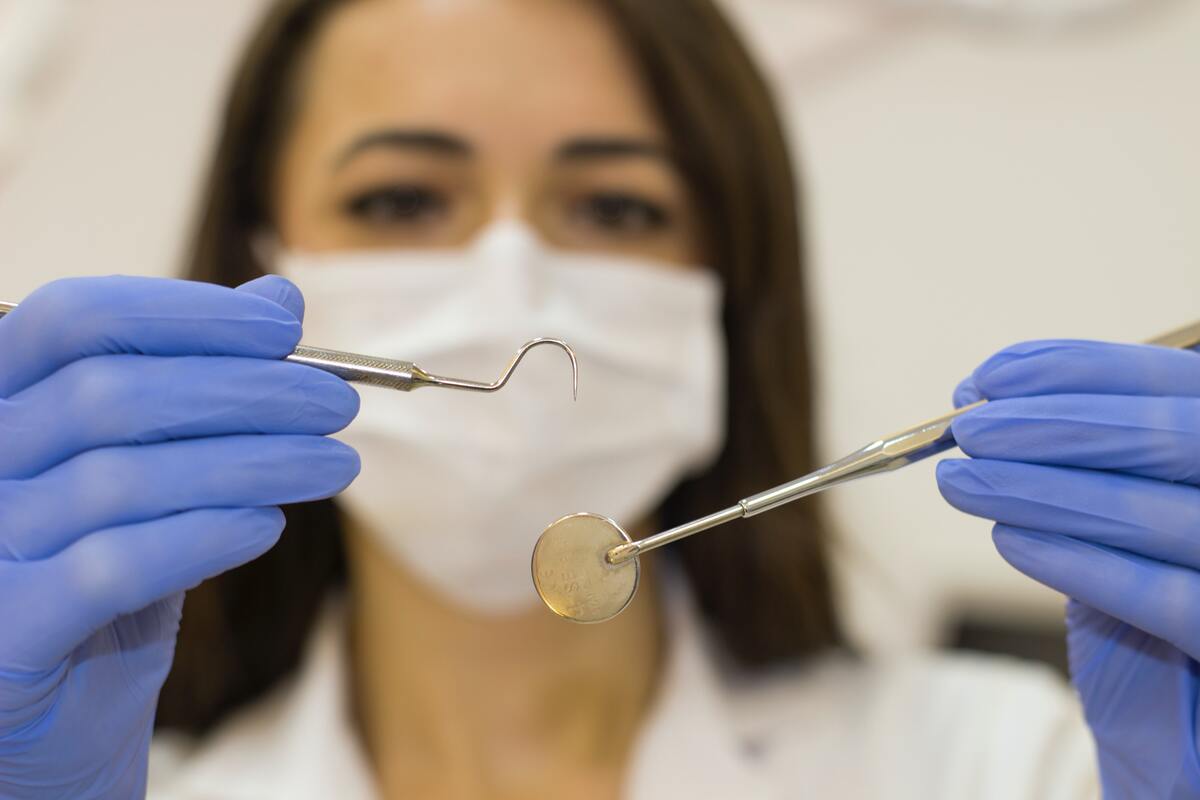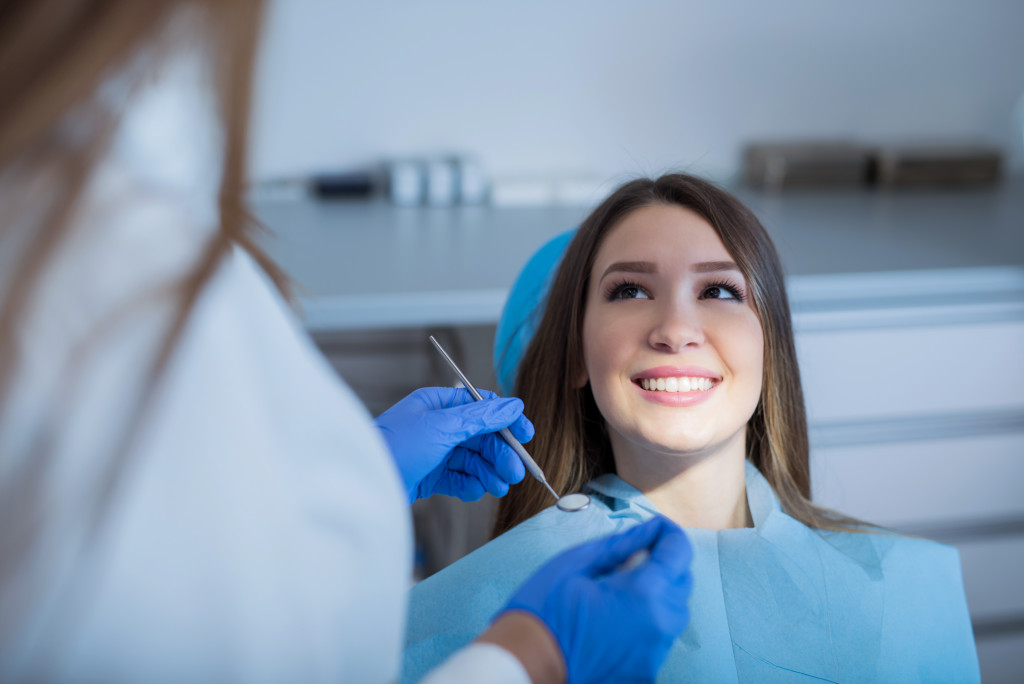You’ve been waiting for this trip for weeks. You’ve booked your tickets, packed your bags, reserved the hotel, and planned out your itinerary down to the last detail. Everything is already set, but then your tooth starts acting up. You suddenly have to undergo oral surgery a few days before your departure. But you’ll need at least a couple of days to recover, won’t you? What about your trip?
Depending on the extent of your oral surgery, saying goodbye to your vacation is not always necessary. If something like the scenario above happens to you, here’s what you need to know if you want to push through with the trip even if you have to undergo oral surgery a few days prior:
1. Talk to your dentist
Let the dentist know of your travel plans. They will be the one to tell if you whether it is safe to push through with the trip or not. In the case of wisdom tooth extraction, it is highly advisable that you wait for 24 to 48 hours before traveling, especially if you are doing so by plane and if you have undergone multiple tooth extractions.
Most oral surgeries require at least a day or two of recovery before doing something extensive like traveling. But if you must travel within the day or the day afterward, talk to your dentist so that they can give you proper advice on how to manage while traveling.
2. Ask for extra medication
Cabin pressure, changes in altitude, excessive fatigue, and other changes that the body undergoes while traveling can result in headaches, sinus pressure, toothaches, and other symptoms after oral surgery. If you don’t have time to recover properly before you need to leave, ask the dentist to give you extra or stronger pain medication to help reduce the discomfort.
3. Pack post-operative essentials
Even if you have already gone through the recommended recovery period, it is still a good idea to pack gauze, pain medication, cold packs, etc. in case your symptoms start to act up again.

4. Research an emergency dentist
There is probably a small chance that you will need one, but it is highly advisable that you research an emergency dentist at your destination just in case. Look up emergency dental clinics in the area you are visiting, list down their details (contact number, address, operating hours, name of the dentist, etc.), and keep the list handy in case something happens. You never know if a stitch will pop out or if your mouth starts to bleed again, so it is better to be prepared at any time.
Don’t forget to bring a record of your oral surgery as well; it can serve as a big help for your temporary dentist in figuring out what’s wrong.
5. Avoid hot, cold, and acidic drinks
Until you are fully recovered, you will want to avoid hot, cold, and acidic drinks. Stick to plain water instead and keep a reusable water bottle so that you are always hydrated throughout your trip.
Another vital piece of advice: avoid drinking tap water or service water from restaurants. The bacteria may be especially harmful to your mouth while you are recovering from oral surgery. If you are in a foreign place, the risk of ingesting unknown bacteria is even greater.
6. Watch what you eat
Eating is one of the best parts of traveling, but unfortunately, you may have to stick with a soft diet for a while. Choose soft or semi-solid foods like soup, smoothies, yogurt, pudding, soft-boiled eggs, jelly. Avoid anything crunchy, hard, sticky, or overly spicy. Hence, it is a good idea to pack your own food in case the airline or hotel doesn’t have soft foods on the menu.
7. Try not to talk too much
Talking excessively can put unnecessary strain on your mouth, especially your jaw and gums. If you are recovering from oral surgery and traveling at the same time, avoid talking when you don’t have to. This may be hard to do if you are traveling solo and don’t have anyone to speak for you, but you should try your best to avoid stressing your mouth.
You could also switch to texting or writing down notes as a means of communication if you don’t want to overuse your mouth.
As much as possible, you should avoid traveling while you are recovering from oral surgery—or any type of surgery, for that matter. But if it can’t be helped, there are a lot of ways you can make your trip as comfortable as possible, starting with the ones mentioned above.
